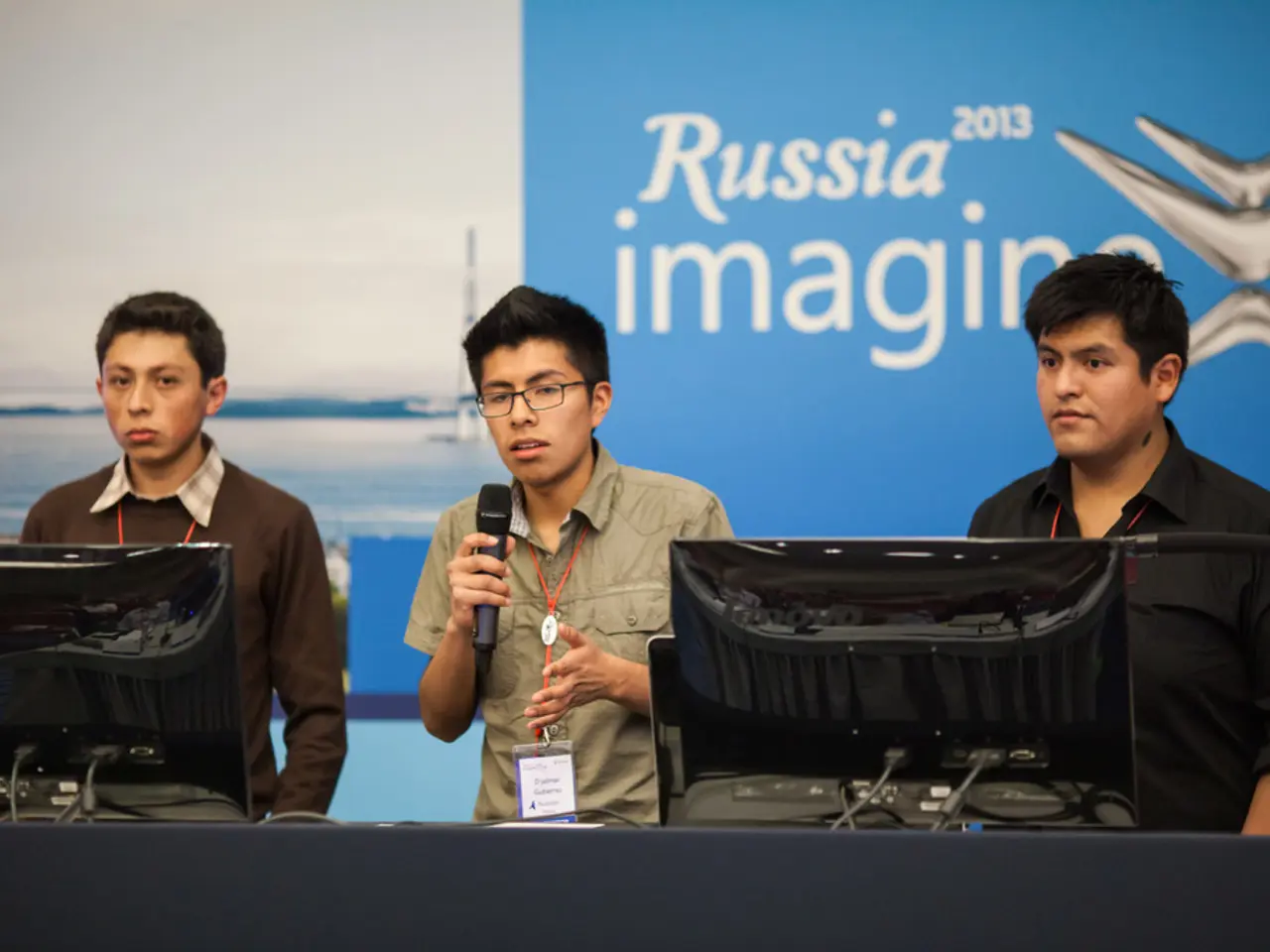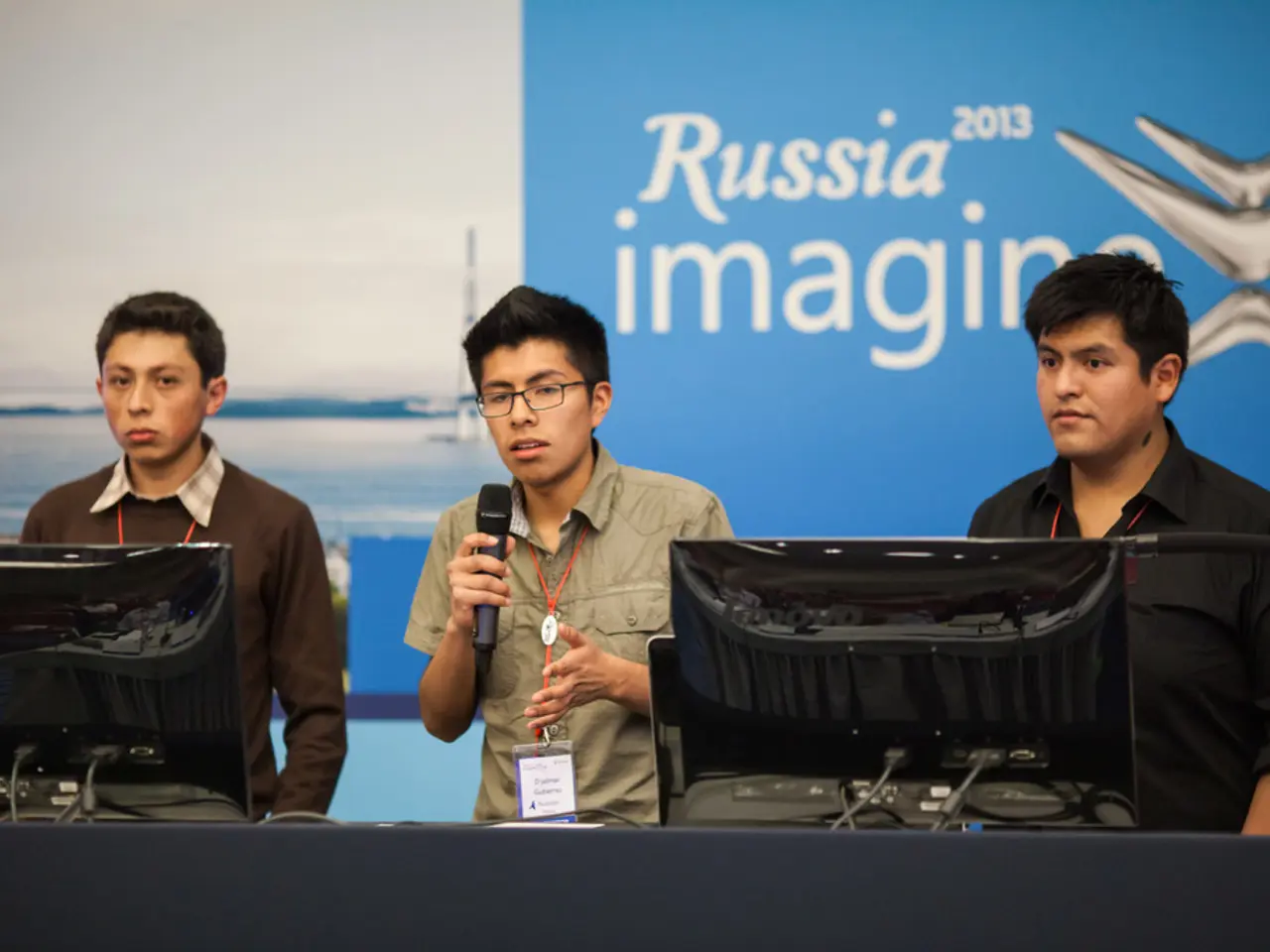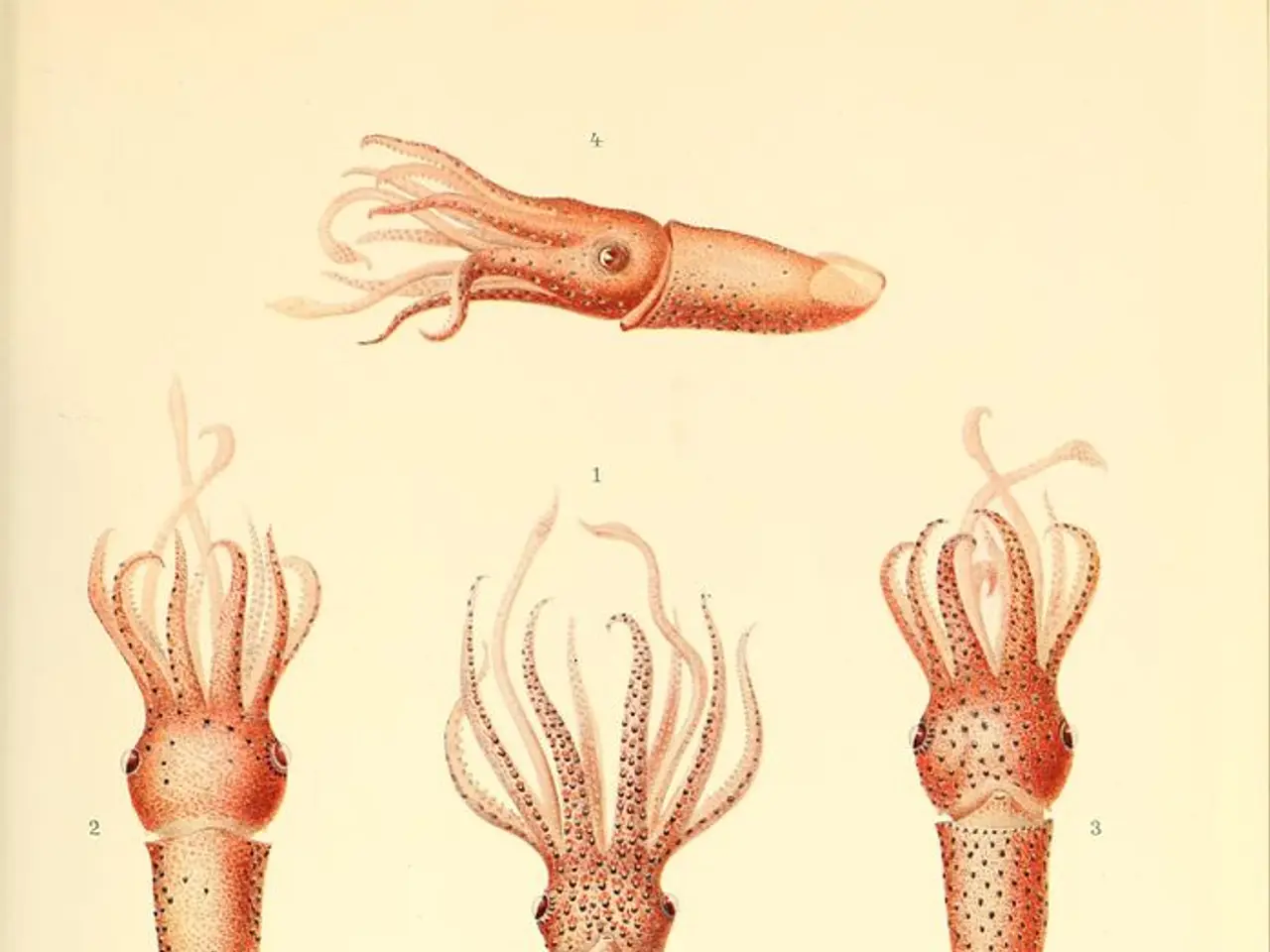Revealed: The Reason Behind the U.S.'s Delay in Finalizing the Chip Agreement with the UAE
The United States is holding off on the sale of Nvidia's advanced AI chips to the United Arab Emirates (UAE) due to concerns that these high-tech components could potentially end up in the hands of China, posing a threat to national security.
The delay in the historic agreement, worth billions of dollars, comes with new U.S. demands to safeguard national interests. One of the key conditions is the exclusion of Abu Dhabi-based G42, a major UAE artificial intelligence firm, from being a direct recipient of the Nvidia chips. Originally, G42 was set to receive 20% of the semiconductors, but the U.S. Department of Commerce has not yet approved shipments to them, reflecting worries about the potential diversion of technology to China.
The U.S. Department of Commerce currently does not plan to approve chip supplies to G42, but may reconsider in the future. The deal may proceed only if the UAE agrees to these stricter terms in alignment with U.S. national security interests. The issue has created tensions, as the UAE may be dissatisfied with these new restrictions, potentially complicating the agreement.
Furthermore, related investigations are ongoing in the U.S. Congress concerning the use of American Nvidia chips by Chinese AI companies, such as DeepSeek, which reportedly have employed restricted U.S. technology. This has heightened scrutiny over the export and use of Nvidia chips in China and Southeast Asia.
The core concern is preventing advanced American AI technology from transferring to China via the UAE, prompting the U.S. to impose stricter controls and delay the deal until these issues are adequately addressed. Both the UAE and Nvidia have expressed their readiness to comply with these new requirements, with the UAE Ambassador to the U.S., Yousef Al Otaiba, noting that the deal will bring significant benefits to both countries. The U.S. President Donald Trump announced his agreement for the supply of microchips to the UAE during his Middle East tour in May. A spokesperson for Commerce Secretary Wilbur Ross stated that the implementation of the agreement will continue on schedule.
The U.S. Department of Commerce's refusal to approve chip supplies to G42 reflects concerns about the potential diversion of technology to China, a general-news topic of interest. The core concern in the politics surrounding the sale of Nvidia's advanced AI chips to the UAE is preventing advanced American AI technology from transferring to China via the UAE, prompting the U.S. to impose stricter controls and delay the deal.







